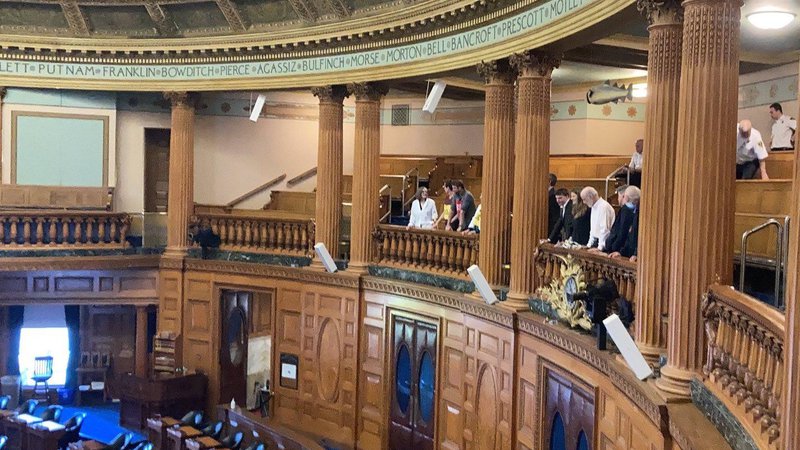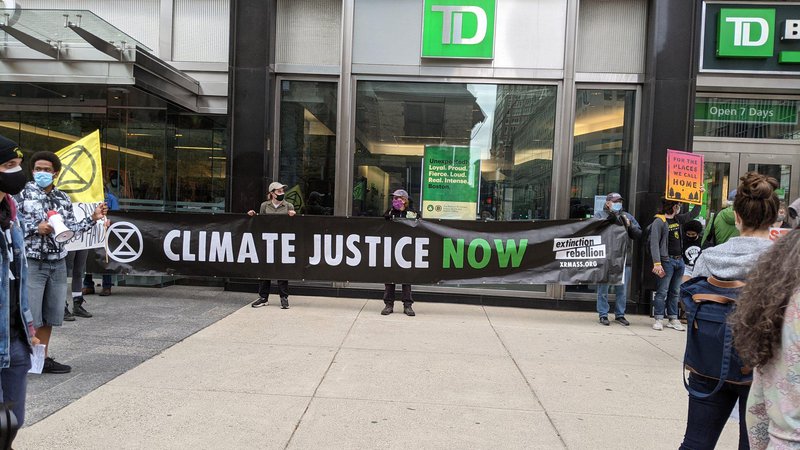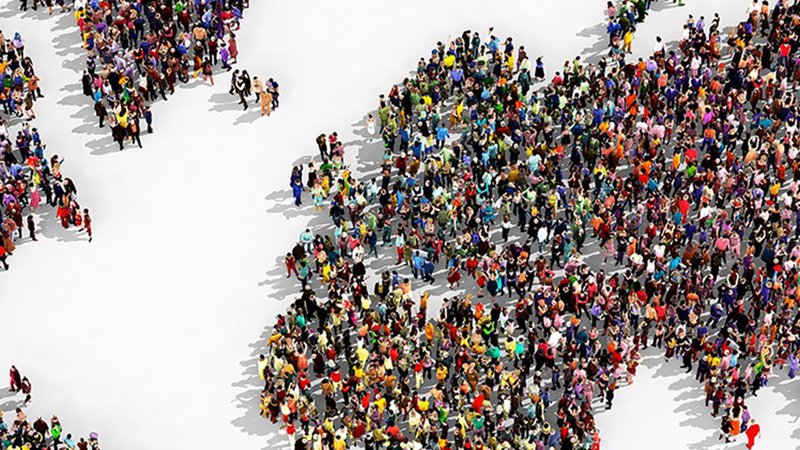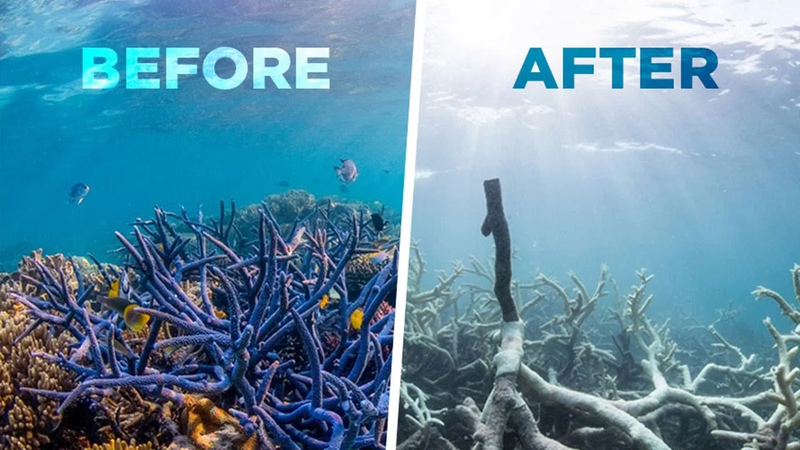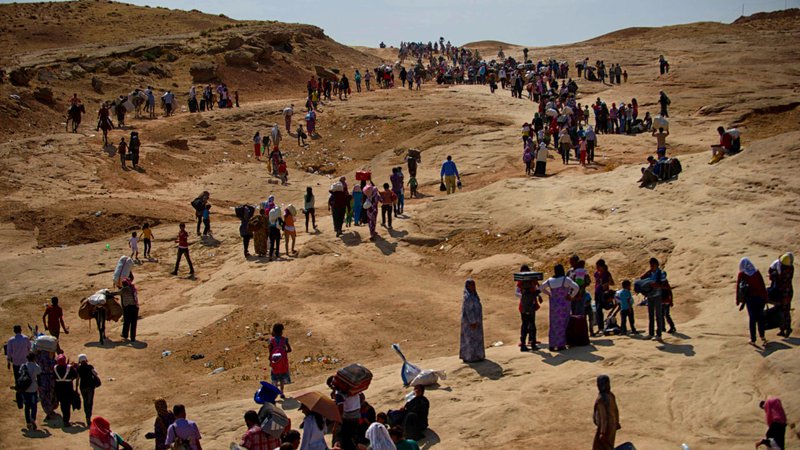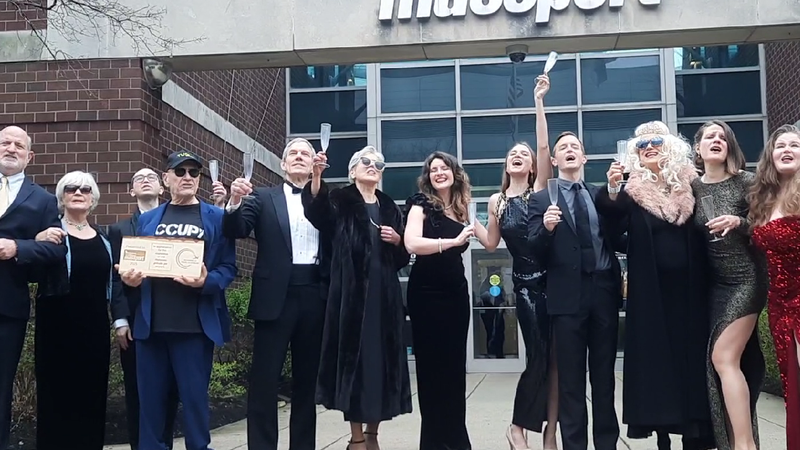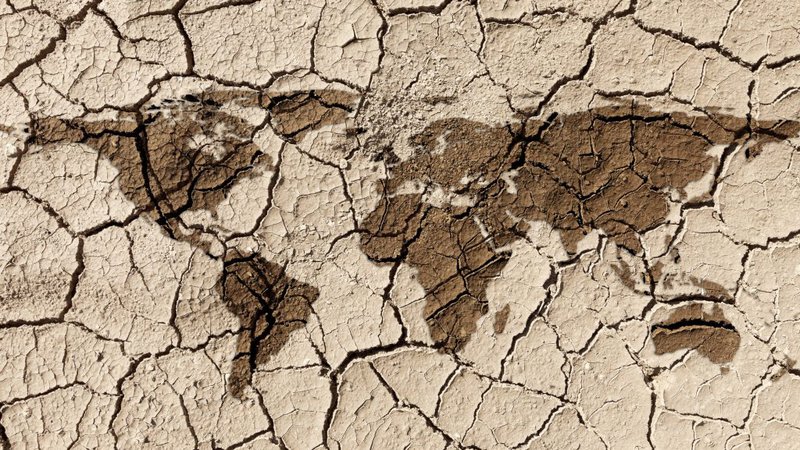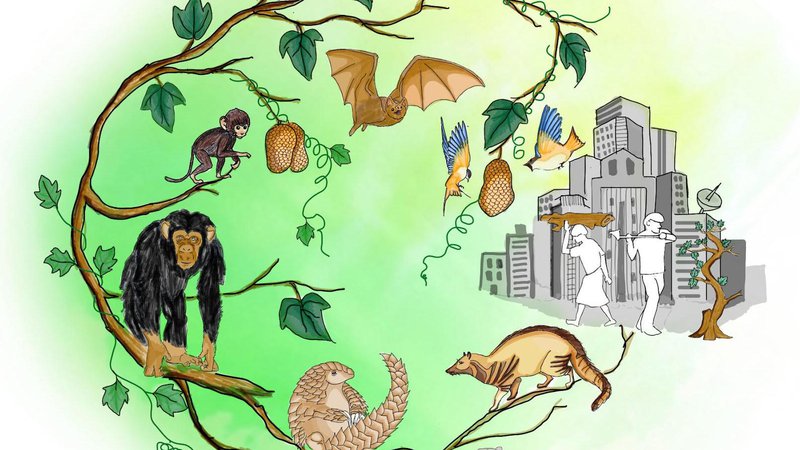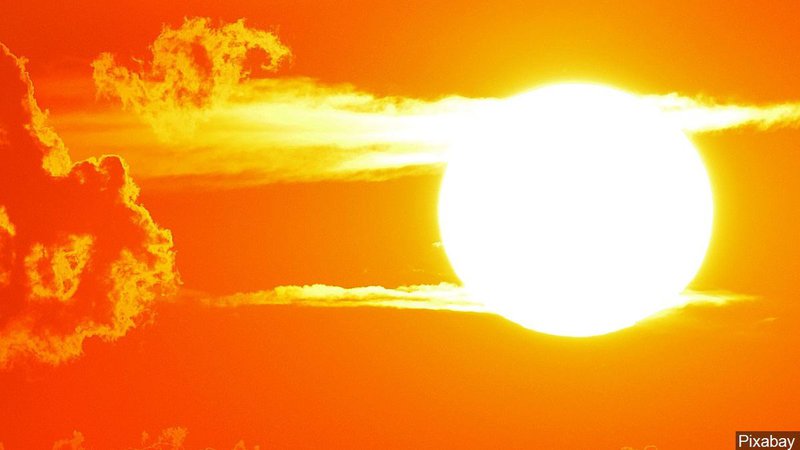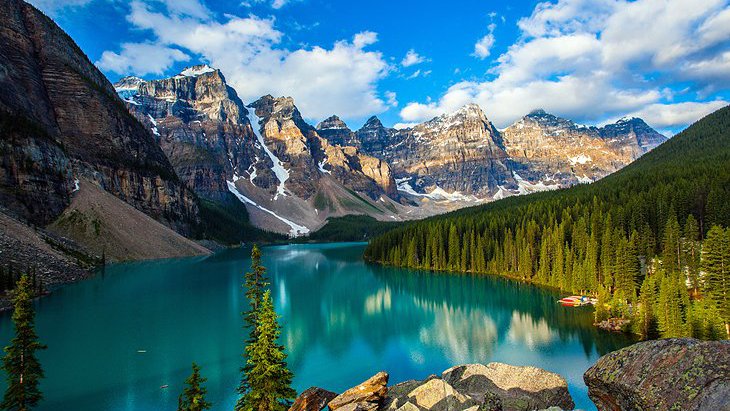
Indigenous knowledge is imperative to our fight for a habitable earth
Because of their dependence on and close relationship with the land, Indigenous people are among the first communities to face the direct consequences of the climate and ecological crisis. This is paradoxical because Indigenous people contribute very little to greenhouse gas emissions, and indigenous knowledge is vital to protection of biodiversity and the natural world.
Indigenous communities are also among the populations that face the highest rates of human rights abuses, including racial violence, sexual abuse, and the invasion of their homelands for fossil fuel profits. Fighting for the fair and just treatment of Indigenous people, communities, and their land, is imperative to the fight for climate and for the survival of life on earth.
A round-up of the headlines below:
NRDC, "Indigenous-Led Land Protection Is Key to Canada’s Future"
"The benefits of these Indigenous-led projects will reverberate internationally. Violence to people and violence to place are inextricable, and the world cannot confront climate change and species collapse without dismantling the systems that devalue both lands and peoples. Around the world, where Indigenous rights to their lands are strong, biodiversity and climate-critical carbon stores are better protected. And in Canada, which boasts the most intact, carbon-dense forest in the world and biodiversity found nowhere else on earth, Indigenous-led stewardship is especially critical.
And, even while Canada has made this historic commitment, all too often Indigenous Peoples are still left out of decisions about their traditional territories."
Scientific American, "What Conservation Efforts Can Learn from Indigenous Communities"
A kaleidoscopic diversity of Earth’s plants and animals underpins human existence but is under major threat from the environmental degradation wrought by human activities from mining to agriculture. A million species face extinction—many within decades—without major changes to the way we interact with nature, according to a United Nations–backed report released earlier this month.
But there is a bright spot: this decline is happening at a slower rate on indigenous peoples’ lands, according to the report, which was compiled by a panel called the Intergovernmental Science-Policy Platform on Biodiversity and Ecosystem Services (IPBES). Its authors and other conservation experts say the world should not only draw lessons from those and other local communities’ environmental stewardship but that scientists and policy makers need to support and partner with them in order to stem the tide of biodiversity loss.
Grist, "To share or not to share? Tribes risk exploitation when sharing climate change solutions."
"Native communities are one of the groups most impacted by a changing climate — and many of the human activities that have precipitated it. They are also a necessary part of the solution, according to the newest Intergovernmental Panel on Climate Change (IPCC) report.
Indigenous peoples comprise only 5 percent of the world’s population, yet their lands encompass 22 percent of its surface. Eighty percent of the planet’s biodiversity is on the lands where they live — and it may not be a coincidence. A significant part of traditional indigenous identity is linked to the natural world. “There is medium evidence and high agreement that indigenous knowledge is critical for adaptation,” the 2018 IPCC report states. And that’s due to their methods of managing forests and agro-ecological systems, as well as their traditions passed down through the generations."
*"The four-page document makes clear that the Brazilian government’s actions represent genocide, ethnocide and ecocide. It articulates their demands as custodians of the rainforest, to remind the Brazilian government of the critical role for Indigenous peoples in the preservation of the rainforest: “We are the first inhabitants of our country. We do not only defend the environment: we are Nature itself.”
As the Manifesto argues, Indigenous communities across the Amazon are taking action to protect the biome from extractive industries. Their presence is essential to the preservation of indigenous species and the promotion of biodiversity. The deep attachment and respect of Indigenous peoples, often manifested in their offerings to the land, helps to maintain a culture of balance and reciprocity between humans and the Amazon’s more-than-human world.
This example is a lesson for the world, argues Atossa Soltani, founder of Amazon Watch and a recently created Amazon Emergency Fund. “What happens in the Amazon affects the entire planet. We cannot allow rich, industrialised nations to continue to push their agenda for economic growth at all costs when the lives of so many humans, and so many other species, are on the line. We know Indigenous stewardship of the land is the only sane response to managing the Amazon before it’s too late,” she says."
Related Stories:
Featured:
-
The third annual Week of Rebellion is full of opportunities for celebration and action!
-
Our government had the opportunity to finally turn our state into a "climate leader," and they decided yet again to prioritize profits and political posturing over the well-being of residents.
-
Prominent climate scientists and activists demand immediate climate action in the United States.
-
Stop the Fossil Fuel Industry, Now: List of events for Extinction Rebellion Boston's September week of rebellion
-
A compilation of books, movies, articles, and ways to take action to protect Black lives
-
Nadia Colburn, PhD and member of Extinction Rebellion Media team, discusses how to talk about the climate and ecological crisis with family and friends.
Upcoming Events:
-
Sun Jul 20th @ 4 p.m.
-
Fri Jul 25th @ 6 p.m.
-
Sun Jul 27th @ 1 p.m.
